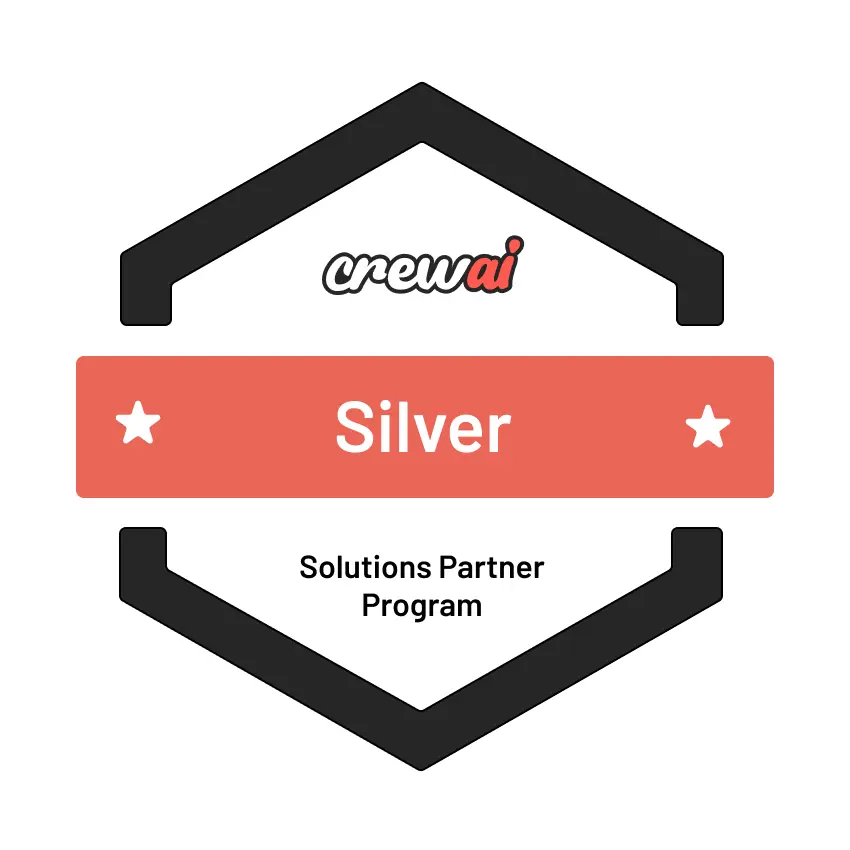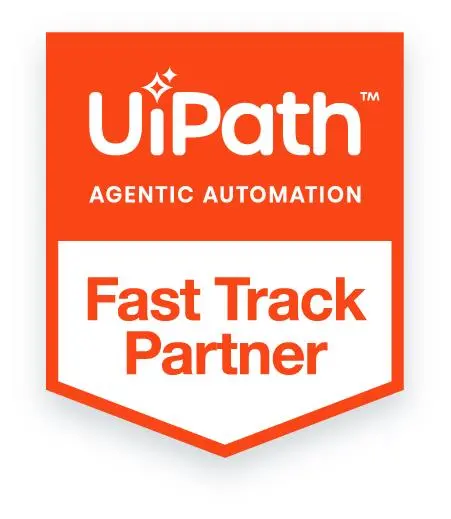
In today’s fast-paced business world, you are always looking for ways to increase efficiency and productivity. One of the most effective tools is business process automation consulting, the very process that will help change your company’s paradigm for how your business analyzes your operations, aiming to make improvements to your business.
Let’s take a look at what business automation consulting is and what benefits it will bring to your business.
What Is Business Automation Consulting?
Business automation consulting basically is working with experts that specialize in automating processes. Consultants take an overview of your current operations, find out what can be done better, and recommend you with an automation solution. The aim of a business automation consultant is to help one optimize his/her processes and, in turn, save time and money.
Why Do you Need a Business Automation Consultant?
1. Experts with Experience
A business automation consultant can bring knowledge directly to your team. They come equipped with a wide variety of the tools and technologies that have been known to work or not to work. That’s why you get to avoid doing things that have been proven wrong multiple times.
2. Customized Solutions
Each business is different. A consultant will look at your specific needs and tailor solutions just for you. They examine which industry and size and goals you have. It means that you will reach maximum benefit from automation with this individual approach.
3. Increased Efficiency
Automation of routine tasks allows the team to focus its attention on the more important work. A business automation consultant can highlight the routine tasks for you. They can illustrate to you how automation saves time wasted on repetitive processes.
4. Cost Savings
Process automation makes possible many savings in costs. The lesser the number of tasks that have to be executed manually, the smaller labor cost shall there be. The consultant will give an estimation of possible savings and return on investment for you.
5. Increased Accuracy
People make mistakes. Automated processes, such as data entry and reporting, reduce the number of mistakes. A consultant assists in building systems that provide accuracy, which equates to better decision-making ability.
How Does Business and Process Analysis Fit In?
Business and process analysis is part of the automated journey. Here’s how it works:
1. Understanding Current Processes
The first step is to map your current processes. A consultant works with you to understand how tasks are currently performed. It gathers data, performs interviews with employees, and watches the workflow.
2. Identify Bottlenecks and Inefficiencies
After understanding the current processes, the consultant identifies inefficiencies. They find out bottlenecks, redundant tasks, and areas where errors commonly occur. That is where the most significant impacts are made in determining what can be automated.
3. Setting Goals
After the inefficiencies have been identified, goals need to be set clearly. What is it that you want to achieve with automation? Common goals are time and cost savings, for instance, as well as better quality of service. A consultant helps you set up such objectives.
4. Solution Recommendations
Such an analysis would help come up with recommendations for automation solutions. Among such solutions could be project management software, customer relationship management (CRM) software, or even automated reporting software. He will explain how each of them aligns with your needs.
5. Implementation Support
This is where the consultant will offer implementation support. It pertains to software setup, training the employees, and monitoring the entire process of implementation. This support will give a seamless transition into the new automated processes.
Common Areas to Automate
A business automation consultant works with many areas of business which can automate;
1. Data Entry and Management
Data entry done manually is very time-consuming and sometimes prone to errors. Automating it means you capture and manage data in the proper way.
2. Customer Relationship Management
The CRM systems are automated for tracking customer interactions, lead management, and follow-up. This improves customer service and strengthens relationships.
3. Financial Processes
Automating also becomes less hassle when it comes to automated invoicing, tracking of expenses, and reporting. This would free up the finance team from a lot of that burden and increase the accuracy quotient.
4. Marketing Campaigns
Automated tools for marketing will manage campaigns, social media posts, and analytics. This would mean that teams focus on strategy and do not have to concern themselves too much with repetitive tasks.
5. Human Resources
An automated system for the HR to handle onboarding and payroll would save time and reduce errors. This means a more efficient HR.
Though business automation consulting has vast benefits, challenge is acknowledge as well:
1. Resistance to Change
Some employees are bound to averse to the new technologies. The implementation of automation must be discussed well with the employees and therefore garnered their support accordingly.
2. Initial Costs
The investment in automation sometimes comes with some significant upfront costs, although in most cases, the long-term savings push these up-front costs away. A consultant will be able to present a good business case to make a strong investment.
3. Integration with Existing Systems
The integration of new automation tools with your current systems can be challenging. A consultant will be able to walk these tightrope challenges so they are able to smoothen integration.
Final Word
Business automation consulting makes a difference in the way you might approach business and process analysis. A business automation consultant helps identify inefficiencies and leads you through the process of clarifying goals, applying the proper solutions, and establishing strict parameters.
The payoffs are huge: efficiency, cost savings, and accuracy. As you decide to automate your business, do not forget to engage your team and communicate the positive effects.








